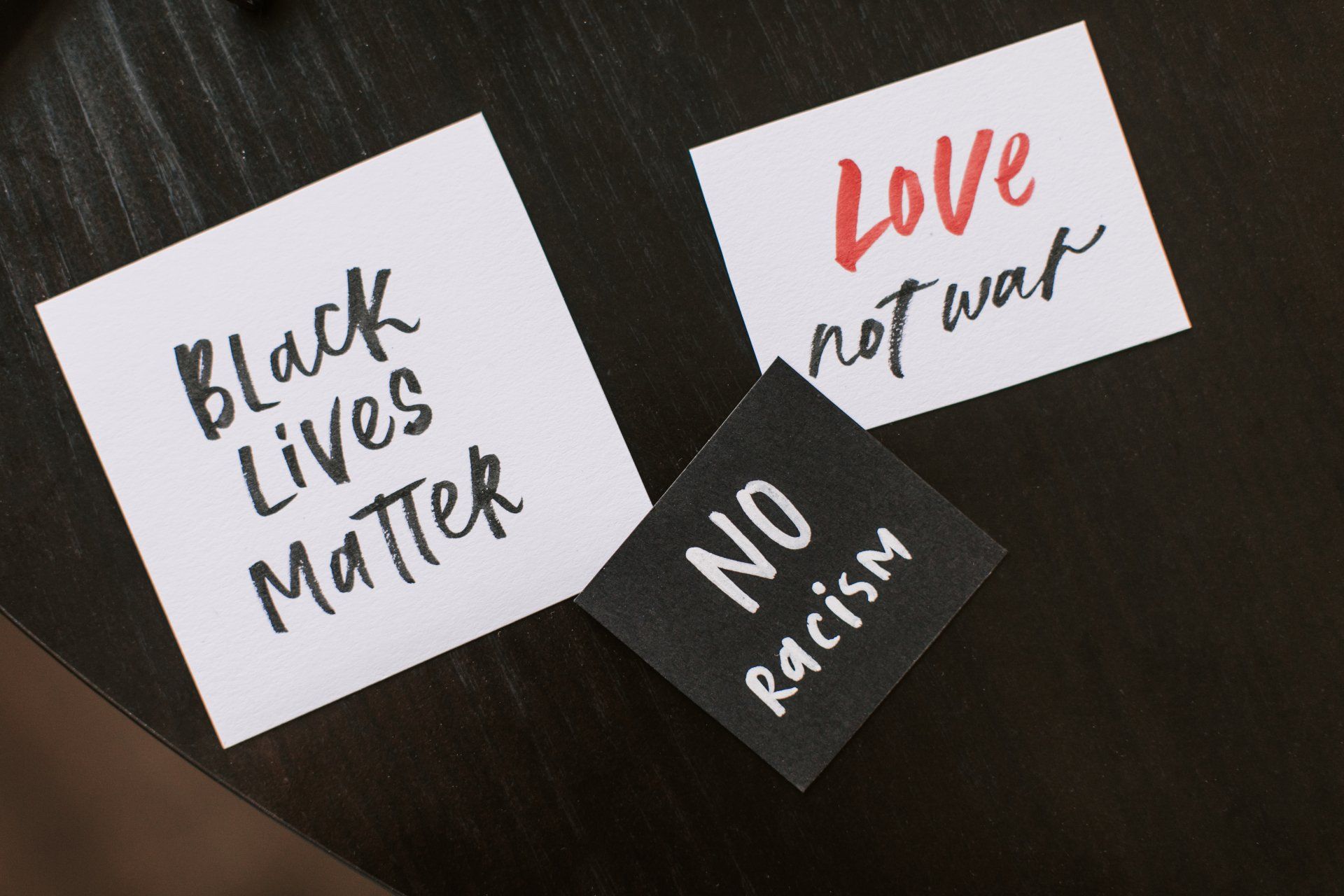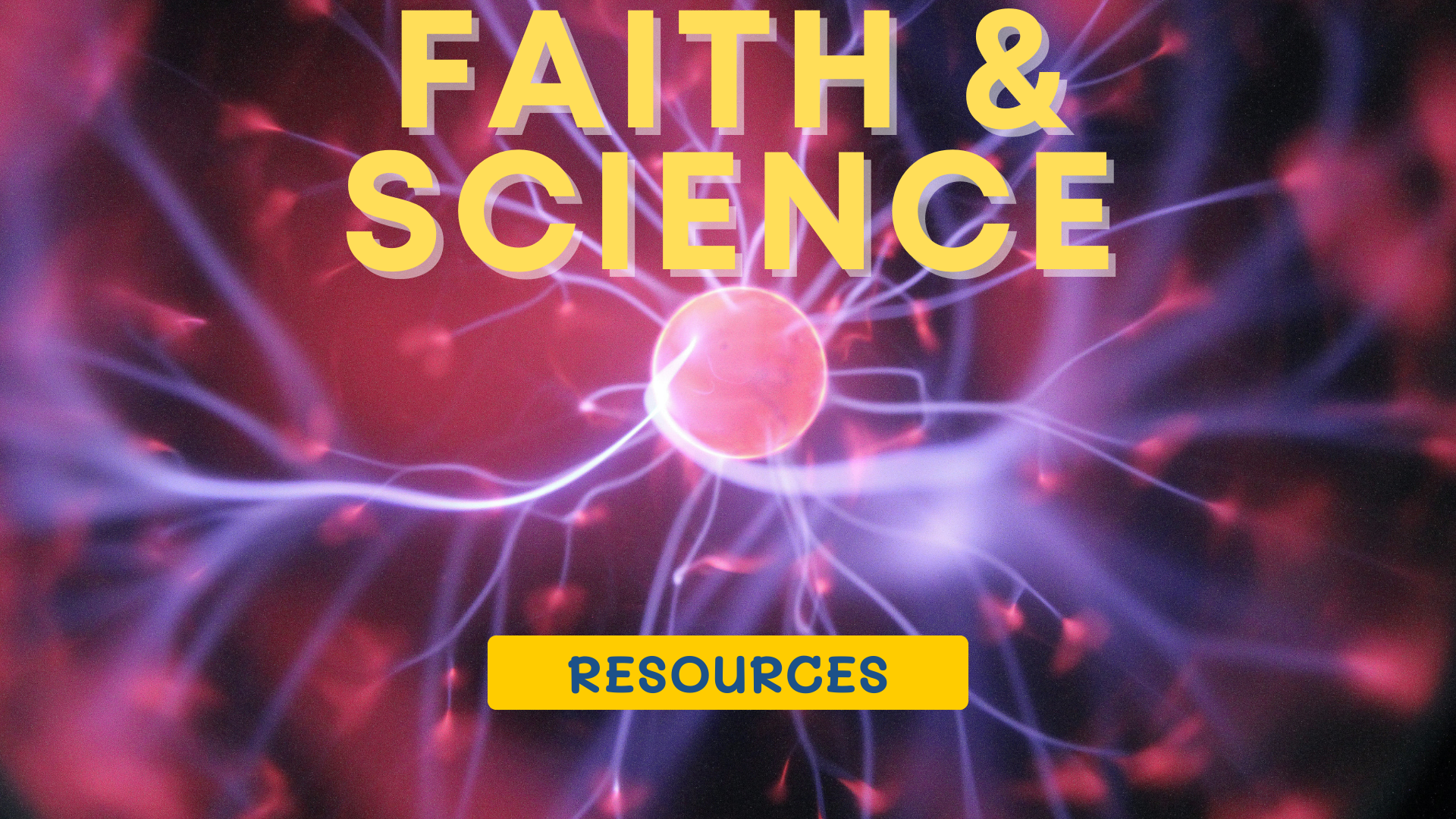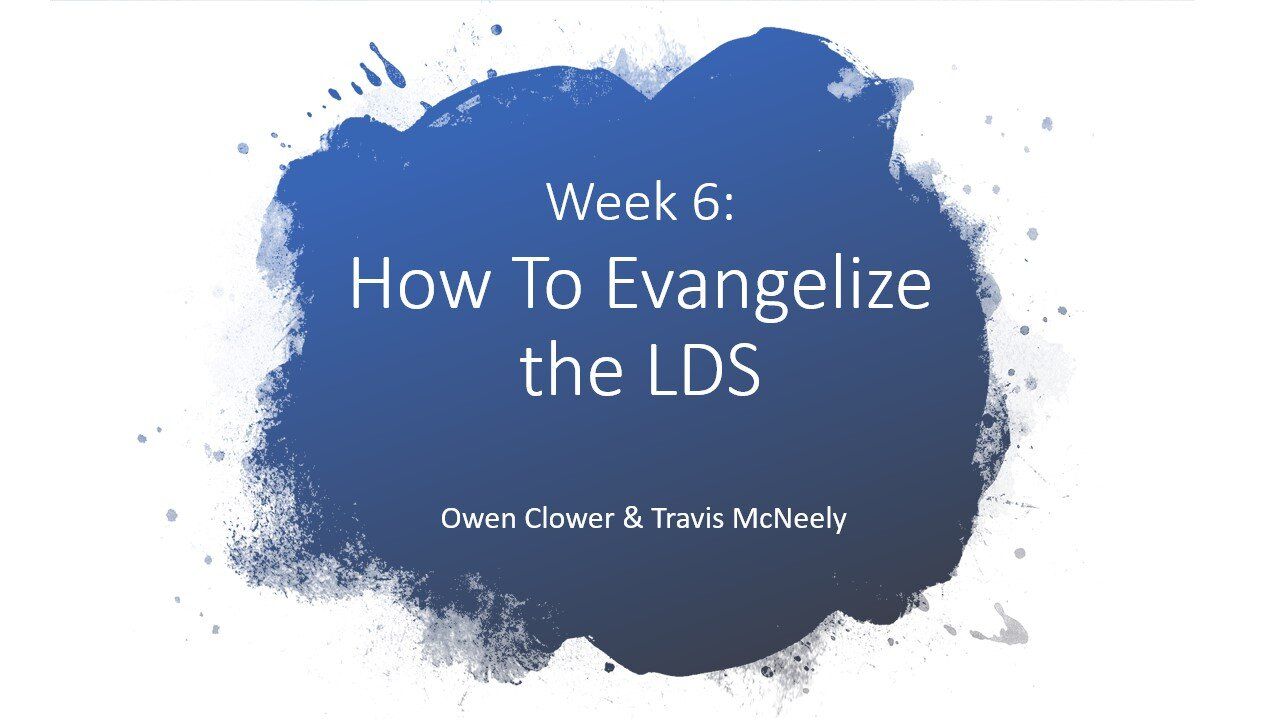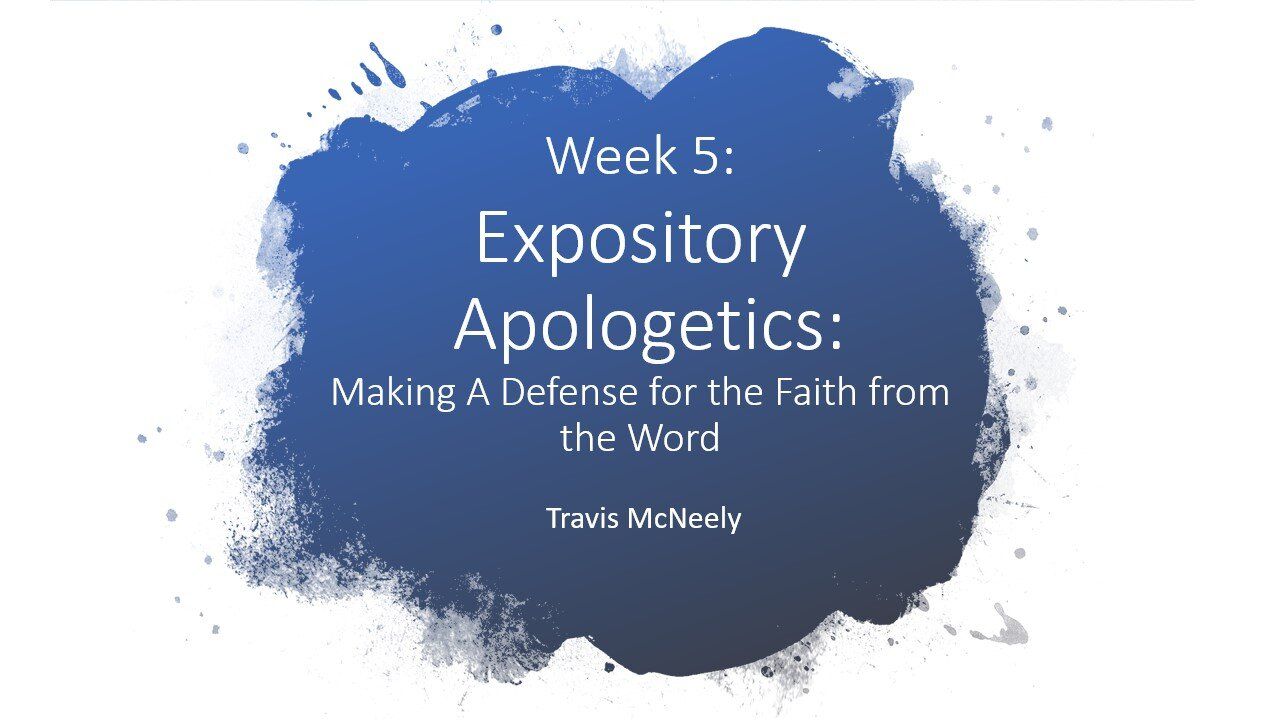Dr. Thaddeus Williams: Three Problems with the New Racism

This post comes directly from the Facebook Page of Dr. Thaddeus Williams. The link is below.
My thought for the day on the new "racism." Three minute read if you're bored. Enjoy!
THE NEW “RACISM”
Racism used to mean discriminating against people on the basis of their race. Because you are black you are property not a person. You must sit at the back of the bus. You can’t eat, vote, go to school, or buy a home here. Such race-based discrimination is appalling and utterly antithetical to a Christian view of the world. The historic fact that many claiming allegiance to Jesus practiced such racism is a scandal and tragedy we must never repeat.
But there’s a new definition of racism in town—racism as PREJUDICE PLUS POWER—a definition invented by a white sociologist named Patricia Bidol-Patva in 1970. In the 2014 movie Dear White People we learn that “Racism describes a system of disadvantage based on race. Black people can’t be racist since we don’t stand to benefit from such a system.” On the MTV show Decoded, Franchesca Ramsey enlightens America’s youth with the insight that “If you want to understand racism you need to talk sociology and sociology explains racism as a combination of prejudice and power… ” This new definition of racism forms the unquestioned premise of such best-selling books as Robin DeAngelo’s White Fragility. The prejudice plus power redefinition of racism has made its way into best sellers in the Christian world and forms an essential premise of what is often known as “woke” Christianity.
This new definition is rarely defended so much as it is stipulated, followed swiftly with charges of “racism” against millions of people who have never heard much less heard a case for the sociologist, the Dear White People, or the MTV redefinition of the term. Predictably, the net impact of this stipulation is not real racial reconciliation, but greater division in the body of Christ.
THREE PROBLEMS WITH THE NEW RACISM
If we care about real lasting unity in the multiethnic body of Christ and if we take objective truth and, therefore, definitions seriously, we must ask: Should we buy into the new prejudice plus power definition of racism? Here are three reasons to think twice before following this trend:
1. WE DON”T MAKE INSTITUTIONAL POWER A REQUIREMENT FOR ANY OTHER SIN TO COUNT AS SIN.
Take a drunkard named Bud. Every day, Bud breaks the biblical command “Do not get drunk.” Suppose Bud is plucked by the scruff of his neck and dropped into the United States’ in 1927, the middle of the prohibition era. Bud thinks that the world would be a better place if everyone imbibed copious amounts of alcohol like him. But he has no institutional power to impose his viewpoint on the masses. Therefore, Bud cannot be properly called a drunk. Perhaps he is prejudiced against water, an overconsumer of libations, or a cocktail enthusiast, but not a drunk.
We don’t make institutional power a requirement for any other sin to count as sin. Why should the sin of racism be any different?
2. THE NEW DEFINITION GETS RACISTS OFF THE HOOK WAY TOO EASILY
On the new definition, Hitler was not racist when scribbling away the anti-Semitic screed of Mein Kampf from his prison cell before the rise of the Third Reich. He had no institutional power. By making power an essential feature of racism, something astounding happened to Nazis when the Allies successfully dismantled the power of the Third Reich. With each allied victory, the Nazis, by definition, became less racist. Once liberation came to the last concentration camp, something magical happened to the Nazis. Those on trial at Nuremberg, those who fled to South America, despite their unrepentant anti-Semitism, were miraculously no longer racists!
Imagine sheet-donning white supremacists board a flight to Nigeria. Once they touch down in Africa, their hatred of black image-bearers of God has no institutional power behind it. Yes, they may still be guilty of prejudice, but thanks to their new geography, they no longer have to confess their racism to their Creator. What a cop out! ALL RACISM MUST BE CONFESSED AND TAKEN TO THE CROSS OF JESUS. By adding power as a necessary condition, we keep many forms of racism from being called out for what they are and brought into the light of God’s grace around the globe. We give racists a way of achieving a not guilty sentence based on longitude and latitude rather than the cross of Jesus.
3. THE NEW DEFINITION OF RACISM MAKES IT EASIER FOR PEOPLE TO AVOID THE CROSS
In 2018, the New York Times hired Asian American Sarah Jeong to their editorial board, despite her Tweets including “ #WhiteMenAreBull ****” and “ #CancelWhitePeople .” Her defenders invoked this new definition of racism to prove Jeong’s blamelessness. As an Asian woman in a white male-dominated society, the argument went, she lacked the power for her actions to count as racist.
Viewed through biblical lenses, we should care deeply and pray fervently for Sarah to experience the single greatest joy possible for any human being—the privilege of being in a life-giving relationship with her Creator. Our Creator is holy and has made it clear that knowing and enjoying Him forever requires us to be honest about our unholiness, to openly acknowledge and turn from our sin and receive his free forgiveness, free for us only because the punishment we deserve was paid in full by Jesus on the cross.
This then is the real problem with the 1970 Bidol-Patva 1970 redefinition of racism. In order to enjoy her Maker—her Maker who “does not show favoritism” and who cares about “every tongue, tribe, and nation”—Sarah Jeong needs to repent of her sin. Branding an entire color and gender of people “Bull****” and publically calling for their cancellation is a sin, a sin that would keep Ms. Jeong from enjoying an intimate relationship with her Maker. The Bidol-Patva redefinition tells not only Sarah Jeong but everyone who buys into racism as “prejudice plus power” that “You don’t need to repent of your animosity toward an entire color or gender of people, because, given your own skin color and gender, you cannot possibly be guilty of sinful anomisty.”
Under this redefinition our not guilty sentence does not come by being in Christ and Christ alone, but by being in this or that ethnic or gender group. It is justification apart from Christ, which we must say with tears, is a false gospel. And a false gospel—such as innocence by being non-white or non-male—cannot save. It leaves billions of people missing out on the only real way of being declared righteous—salvation by God’s free grace through the crosswork of Jesus. Your femaleness cannot make you innocent, your Koreanness cannot make you innocent, anymore than being white or male could render anyone innocent.
It is by the blood of Jesus and only by the blood of Jesus that sinners of every color can find true blamelessness from any sin, including the sin of racism. When it comes to justification it is not black, white, or any other color that makes the difference.
It is only RED that counts.
The entirety of this post comes from the Facebook page of Dr. Thaddeus Williams. Linked below.
https://www.facebook.com/thaddeus.williams.568/posts/10157176432812838
Comment: Dr. Williams had a lot of pushback and questions. Some saying he misunderstood the arguments coming from Sociologists. See his response in the comment section of the post for a few key sociologists that he cites.

Want To Book Me for Your Event or Conference?
Fill out the form below and we'll be in touch!
Book Travis McNeely
We will get back to you as soon as possible
Please try again later
More posts like this...




